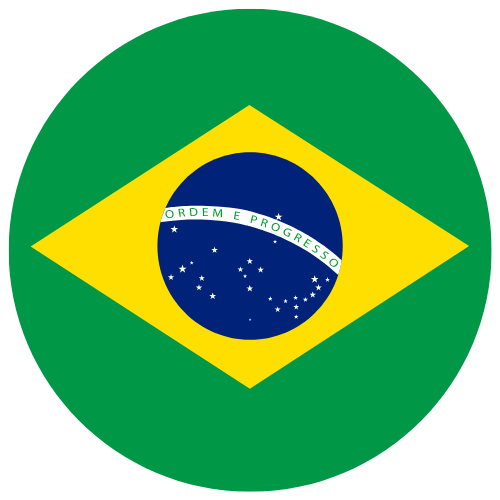WELCOME TO WC13!
CONGRESS THEME 3Rs Integrating 3 Worlds: Human, Animal and Environmental Health
Brazil has many groups working on the research and implementation of alternative methods in different areas as well as a number of industries which no longer make use of animals for developing their products. In 2005, Rio de Janeiro hosted the 1st Brazilian Meeting on Alternative Methods to Animal Use for Regulatory Purposes (I EMALT). The II EMALT occurred in 2010. Both meetings were organized by the Oswaldo Cruz Foundation. In 2008, Brazil published the Law number 11,794 also known as Arouca’s Law, a tribute to the sanitarist Dr. Sergio Arouca, who was President of Oswaldo Cruz Foundation and developed this law project 13 years before its publication. This Law regulates the use of animals in research and education and created the National Council of Control of Animal Experimentation (CONCEA), responsible for formally adopting alternative methods in Brazil.
In 2012, the Oswaldo Cruz Foundation (FIOCRUZ), Fluminense Federal University (UFF) and the National Institute of Metrology, Quality and Technology (INMETRO) organized the 1st Latin American Congress on Alternative Methods (I COLAMA), which took place in Niterói, RJ, Brasil. It is important to note that COLAMA had three other editions (Cuba in 2015, Argentina in 2018 and Mexico in 2022) and the next edition will take place in Colombia, in 2024. Brasil participated as organizer, speaker and presenting posters in most of these editions. Presgrave et al. (2015) showed an increase of abstracts presentation from Brazil in the World Congresses as well as an increase of institutions related to authors affiliation. The Brazilian Center for Validation of Alternative Methods (BraCVAM) was created in 2013 and it is the first 3Rs Center in Brazil and Latin America. It is located in the Oswaldo Cruz Foundation one of the most important research institution in Brazil.
BraCVAM directly interacts with CONCEA and has already proposed to adopt more than 40 OECD Guidelines in Brazil by the publication of 4 Normative Resolutions...
... and at this moment we are very proud and honoured to host WC13-2025.
Octavio Presgrave Chair
Chantra Eskes Co-chair
Marize Valadares Co-chair

THE WORLD CONGRESS About the series
The World Congress on Alternatives and Animal Use in the Life Sciences (WC series) was established by the Alternatives Congress Trust in Baltimore, USA in 1993 to bring together multidisciplinary stakeholders from academia, industry, government, and non-profit sectors under one roof to advance the 3Rs—to reduce, refine, and replace the use of animals in the life sciences. Since 1993, the WC series has been held biennially or triennially across the continents from the Americas to Europe and the Far East. This year the congress will be for the first time under the equator's line!
